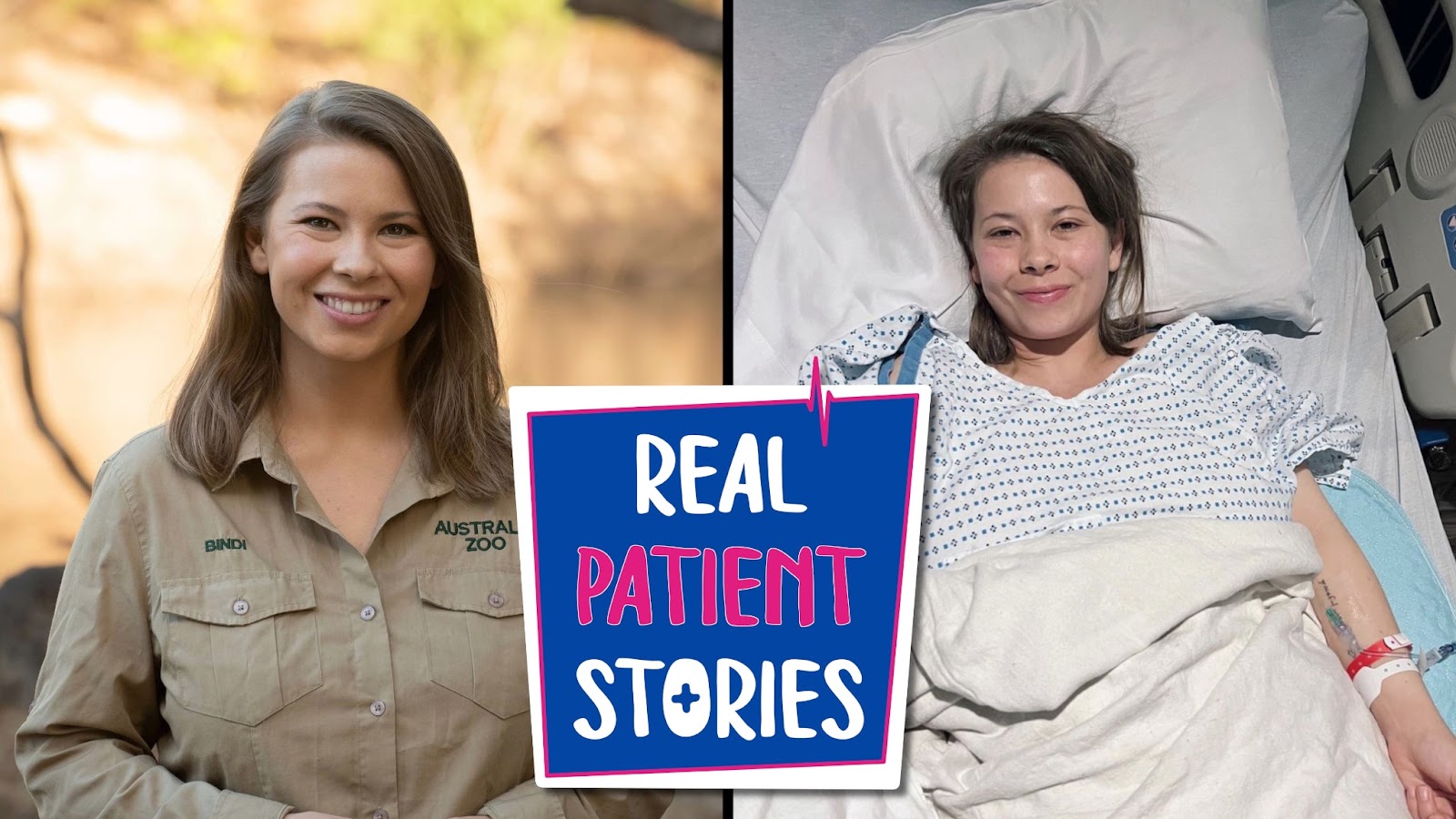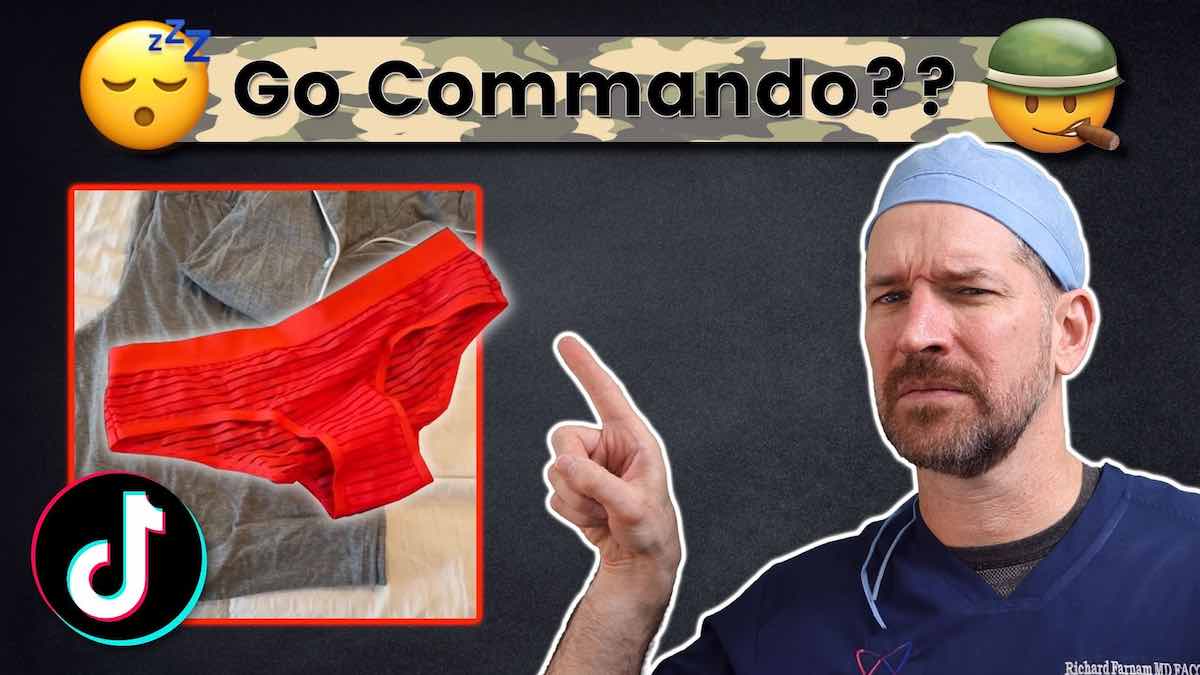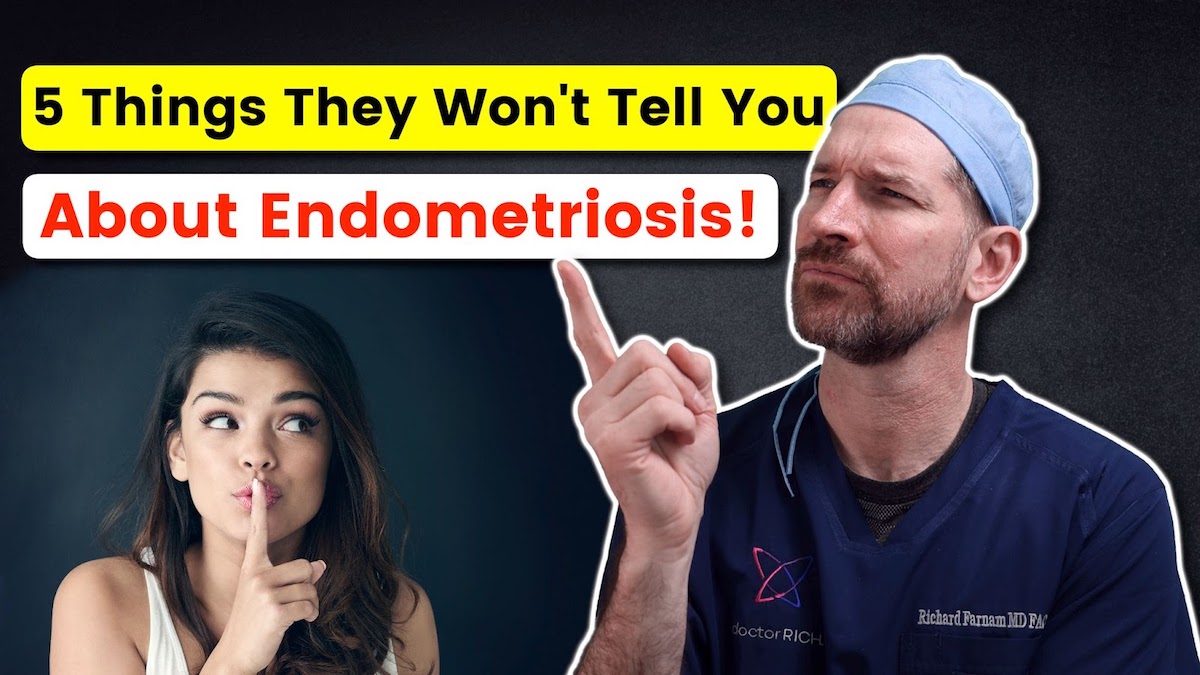Welcome back to the Doctor Rich Channel. Today we’re talking about the five things you need to know about polycystic ovarian syndrome.
Don’t have time to read this post? Watch the video here instead!
- It’s common
It is a common condition. In fact, of all the endocrine conditions, this is the most common that can affect women of reproductive age.
- Skipped cycles
One of the hallmarks of this condition is not having regular periods. That can mean one period every three months or one period in a year — or several years without a period. If you’re having this irregularity of your cycle, you need to get this evaluated — and part of the problem is an imbalance of hormones. So there’s too much of the male hormone androstenedione (or testosterone), and it prevents ovulation from occurring. When that doesn’t happen, you don’t get your period. Not getting your period causes an imbalance in the estrogen and progesterone. There’s a predominance of estrogen and essentially no progesterone. The effect of that is to cause the lining of the uterus to become very thick, to grow, and to become hypertrophic — which can eventually lead to cancer for women who have gone many months (or years) without a period. This is a condition that you cannot take for granted. If you’re skipping periods, you need to go see your doctor.
Now, this doesn’t apply to women who are skipping their periods on treatment. So if they’re getting birth control — if they’re getting injections of Depo-Provera® or have an IUD in place — the design and the purpose of that hormonal treatment is to get you to skip periods.
- Infertility
As we mentioned, there’s an imbalance of hormones — and the excess testosterone prevents the process of ovulation. This goes hand in hand with skipped periods, but women who have PCOS will have a more difficult time getting pregnant. Fortunately, there are a number of therapies that initially are directed at weight loss to get into the normal weight range, at which point periods will resume on their own — or simply giving medicine like Clomid® to induce ovulation. So this is a condition that is easily treated as long as you’re under the supervision of therapy by your doctor.
- Excess testosterone
Also in line with an imbalance of hormones and too much testosterone, patients can have hirsutism (or hair growth) all over their body but particularly on their face and lip — as well as acne. And essentially, this is just a male hormone side effect. Again, fortunately, simple treatments such as diet, exercise, and the initiation of a birth control pill can help regulate the cycles — and also decrease the circulating testosterone levels (and reverse the side effects). And occasionally other medications are used (such as spironolactone) to decrease the effect of the testosterone.
- Insulin resistance
So diabetes is a very common condition, and what precedes diabetes is insulin resistance. It’s the body’s inability to appropriately metabolize glucose — and causes nutrients to be stored as fat. And this particular aspect of PCOS can be managed with, again, diet, weight loss, exercise, and simple treatment with a medicine such as Glucophage (or Metformin™) — which is an insulin sensitizer and restores normal glucose metabolism. And as an alternative to prescription drugs, a supplement called myo-inositol is also helpful for improving insulin resistance.
So that’s your quick primer on polycystic ovarian syndrome (or PCOS). For a deeper dive, check out this video here (and also this video) — and also hit the subscribe button to catch our next video on PCOS.




